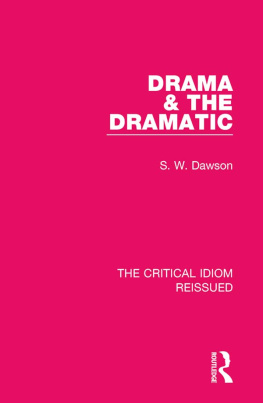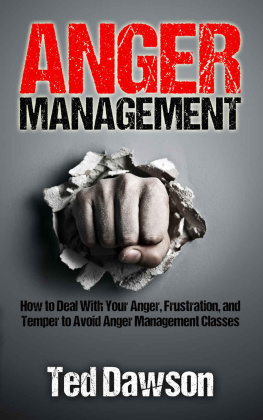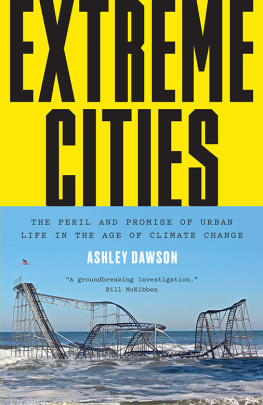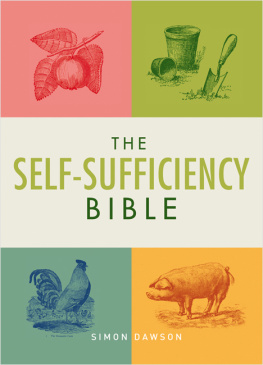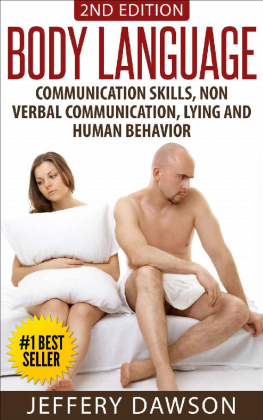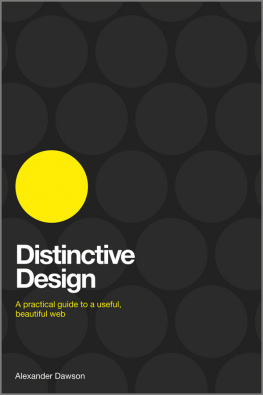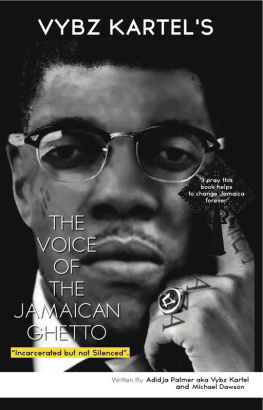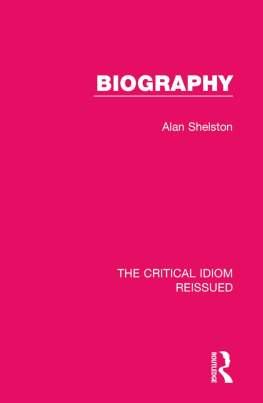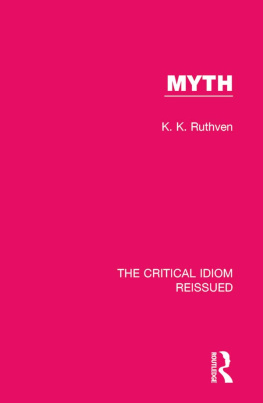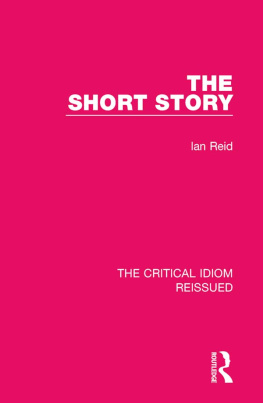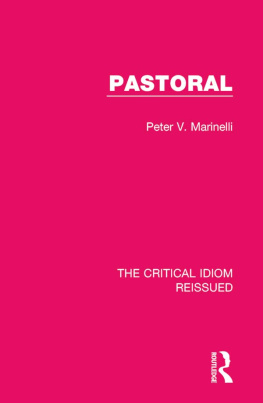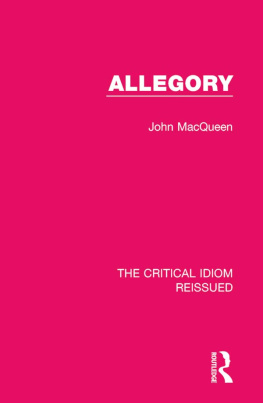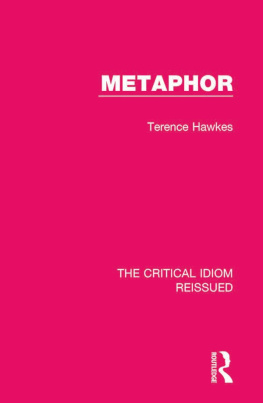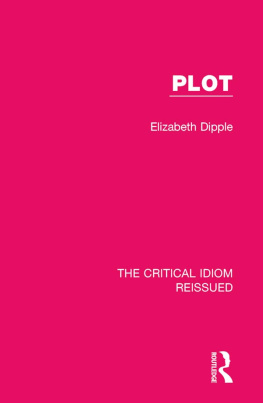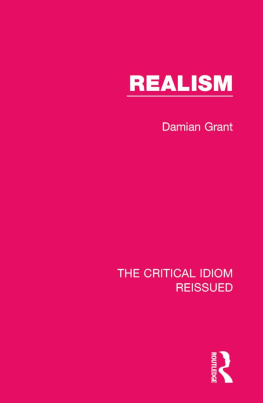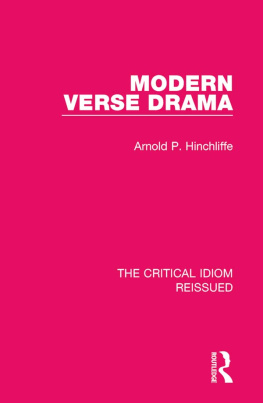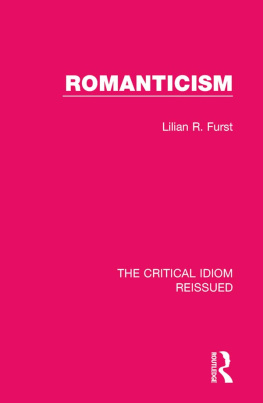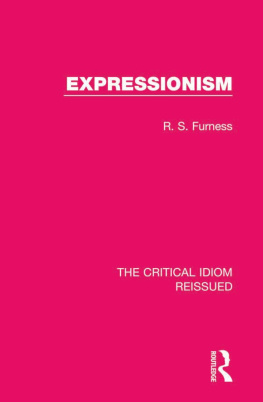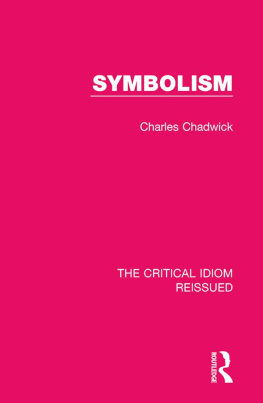Table of Contents
Guide
Print Page Numbers
THE CRITICAL IDIOM REISSUED
Volume 10
DRAMA & THE DRAMATIC
DRAMA & THE DRAMATIC
S. W. DAWSON
First published in 1970 by Methuen & Co Ltd
This edition first published in 2018
by Routledge
2 Park Square, Milton Park, Abingdon, Oxon OX14 4RN
and by Routledge
711 Third Avenue, New York, NY 10017
Routledge is an imprint of the Taylor & Francis Group, an informa business
1970 S. W. Dawson
All rights reserved. No part of this book may be reprinted or reproduced or utilised in any form or by any electronic, mechanical, or other means, now known or hereafter invented, including photocopying and recording, or in any information storage or retrieval system, without permission in writing from the publishers.
Trademark notice: Product or corporate names may be trademarks or registered trademarks, and are used only for identification and explanation without intent to infringe.
British Library Cataloguing in Publication Data
A catalogue record for this book is available from the British Library
ISBN: 978-1-138-21971-7 (Set)
ISBN: 978-1-315-26975-7 (Set) (ebk)
ISBN: 978-1-138-22958-7 (Volume 10) (hbk)
ISBN: 978-1-315-38870-0 (Volume 10) (ebk)
Publishers Note
The publisher has gone to great lengths to ensure the quality of this reprint but points out that some imperfections in the original copies may be apparent.
Disclaimer
The publisher has made every effort to trace copyright holders and would welcome correspondence from those they have been unable to trace.
Drama & the Dramatic
S. W. Dawson
First published 1970
by Methuen & Co Ltd
11 New Fetter Lane EC4
1970 S. W. Dawson
SBN 416 17270 9 Cased Edition
SBN 416 17280 6 Paperback Edition
This title is available in both hard and paperback editions. The paperback edition is sold subject to the condition that it shall not, by way of trade or otherwise, be lent, re-sold, hired out, or otherwise circulated without the publishers prior consent in any form of binding or cover other than that in which it is published and without a similar condition including this condition being imposed on the subsequent purchaser.
Distributed in the U.S.A.
by Barnes & Noble Inc.
For my Father
Contents
This volume is one of a series of short studies, each dealing with a single key item, or a group of two or three key items, in our critical vocabulary. The purpose of the series differs from that served by the standard glossaries of literary terms. Many terms are adequately defined for the needs of students by the brief entries in these glossaries, and such terms will not be the subjects of studies in the present series. But there are other terms which cannot be made familiar by means of compact definitions. Students need to grow accustomed to them through simple and straightforward but reasonably full discussions of them. The purpose of this series is to provide such discussions.
Some of the terms in question refer to literary movements (e.g. Romanticism, Aestheticism, etc.), others to literary kinds (e.g. Comedy, Epic, etc.), and still others to stylistic features (e.g. Irony, The Conceit, etc.). Because of this diversity of subject-matter, no attempt has been made to impose a uniform pattern upon the studies. But all authors have tried to provide as full illustrative quotation as possible, to make reference whenever appropriate to more than one literature, and to compose their studies in such a way as to guide readers towards the short bibliographies in which they have made suggestions for further reading.
John D. Jump
University of Manchester
The critical idiom is there only one? The question needs to be faced. Johnson was a great critic, from whom we can learn a great deal, but feeling our way into his idiom is a labour of literary and historical imagination, from which we emerge with a sharpened consciousness that we couldnt express ourselves in it. Even Arnold, so much nearer to us in time, forces us to realize that however valuable we consider the emphasis implied in poetry is a criticism of life it is hardly a phrase we would use without the inverted commas. What we have taken from Johnson or Arnold we have translated into our own idiom, the idiom of modern English criticism.
That idiom is the words and phrases we use in talking about literature; it is the condition of our understanding one another, and derives from the tradition of modern criticism. That we, of course, raises difficulties, for the decision what is the central tradition of modern criticism is in itself a critical judgement which cannot be dodged. The idiom (this we can see more clearly as a result of our reading of Johnson and Arnold) is never a mere set of descriptive terms, since it implies standards, values and preferences. A critical term which continues to be used over the centuries, like conceit, changes its meaning with the dominant literary preferences of the age, which are never, of course, purely literary preferences. Other words, and drama and dramatic are among these, change from being almost neutrally descriptive terms (drama = plays, dramatic = characteristic of plays) and take on, within the prevalent tradition, strong implications of approbation or disapprobation. What strikes one particularly in reading modern criticism is the frequency with which the adjective dramatic is used with reference to literature other than plays dramatic irony in Chaucer, the novel as a dramatic poem, dramatic language in Donnes poetry and so on. We find in modern critical usage such a pervasive use of the term and others closely related to it that if Johnson were able to return and scrutinize modern criticism he would find it initially quite as puzzling as we find his own characterization of the pastoral mode of Lycidas easy, vulgar, and therefore disgusting.
Writing about the modern critical tradition in an objective fashion presents the same problems as face the anthropologist who attempts to analyse the culture of which he is a part and whose language he shares. Particularly one becomes aware of the interdependence of concepts, what Wittgenstein somewhere calls a nest of propositions. Dramatic in modern criticism is vitally connected with a whole body of other terms situation, response, tension, concrete and presentment for example and with an unprecedented (historically speaking) stress on irony and the central importance of metaphor. Wimsatt and Brooks, in their

